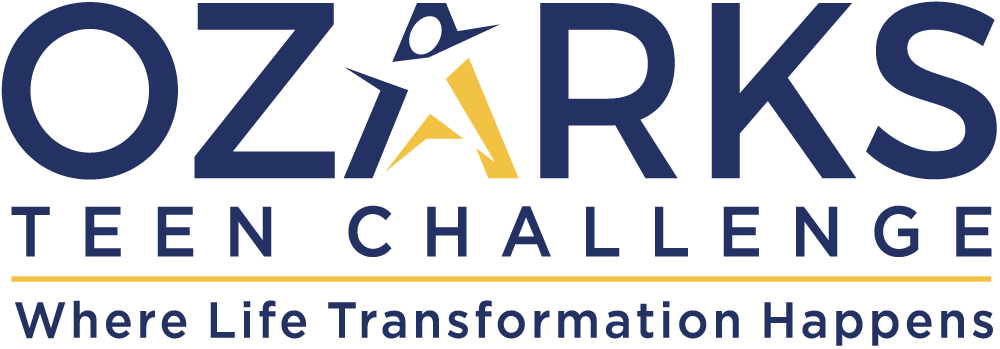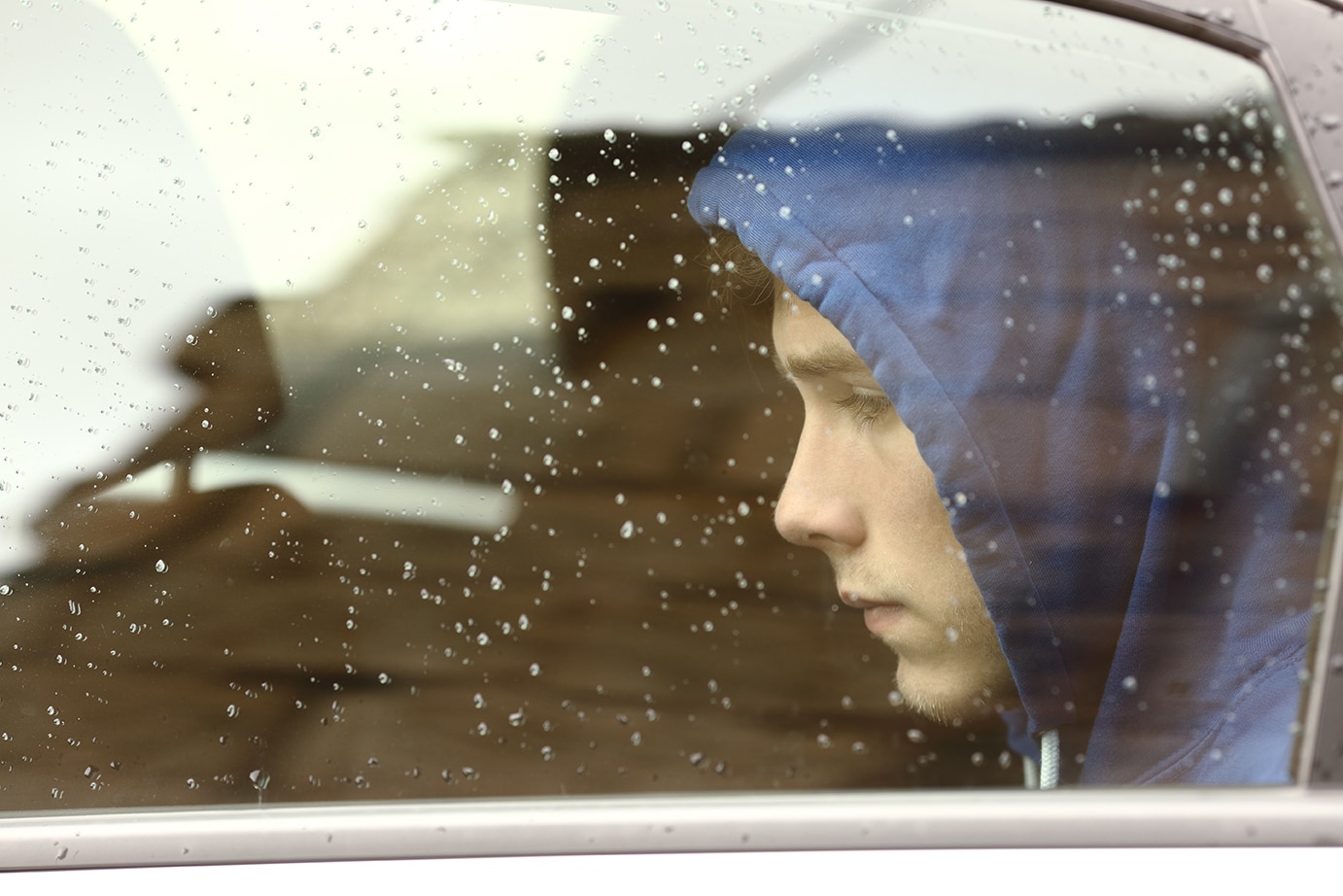The Stages of Withdrawal During Drug Treatment
The path to sobriety can be a roller coaster ride of physical pain and emotion, and many teens who begin drug treatment programs are not prepared for the side-effects of withdrawal. Depending on the type of drug and the length of use, you will likely experience a range withdrawal symptoms as your body slowly adjusts to sobriety. Although some of the side-effects may be intense, keep in mind that they are only temporary. To give you a better understanding of the drug treatment process, Ozarks Teen Challenge outlines the stages of drug withdrawal.
Initial Symptoms
Chemically addictive drugs, such as alcohol, opioids, and amphetamines, cause a range of initial physical withdrawal symptoms. Such withdrawal symptoms can include shaking, achiness, restlessness, sweating, and even insomnia. Depending on the severity, physical withdrawal symptoms can be incredibly painful and disabling. Although the symptoms can be severe, they are usually short-lived, typically disappearing within a week.
Post-Acute Symptoms
After the initial withdrawals, former addicts are likely to experience post-acute withdrawals. Post-acute withdrawals are largely psychological and happen as the brain gradually adjusts to sobriety. Symptoms of post-acute withdrawals include irritability, anxiety, anger, depression, and trouble sleeping. Lasting anywhere from a few months to a year, post-acute withdrawals will likely be your biggest challenge during your drug treatment program, but bear in mind that the symptoms are not constant. Instead, they will come and go in waves, occurring for a few days and disappearing for a few more. As you continue with drug recovery, the symptoms become less frequent.
Dealing with Withdrawals
Going through drug withdrawals is never easy, but learning some coping mechanisms can get you through the process. As you are dealing with some of the psychological symptoms of post-acute withdrawal, find a distraction. Consider picking up a creative outlet like writing, painting, or playing music, or pick up a recreational activity like running, playing a sport, or hiking. In addition to creative and physical activities, try journaling to release some of your emotion. Keep in mind that everyone deals with drug treatment differently, and coping mechanisms that work for some may not work for you. Follow your interests and passions to find your outlet.
Remember HALT
While everyone may cope with withdrawal in different ways, people experience withdrawal symptoms in similar situations. Generally, cravings for your former addictions will be most intense when you are either hungry, angry, lonely, or tired (HALT). Instead of turning to drugs and alcohol in these situations, listen to the needs of your body. When you are hungry, eat. When you are angry, exercise or utilize your creative outlet. When you are lonely, call a trusted friend, and when you are tired, get some rest. By remembering HALT and finding ways to deal with these negative feelings, you can successfully overcome your withdrawal symptoms.
Contact Ozarks Teen Challenge
At Ozarks Teen Challenge, we take a holistic, Christ-centered approach to drug treatment, giving teens the tools they need to become physically, mentally, and spiritually healthy again. To learn more about our programs, contact Ozarks Teen Challenge today.




